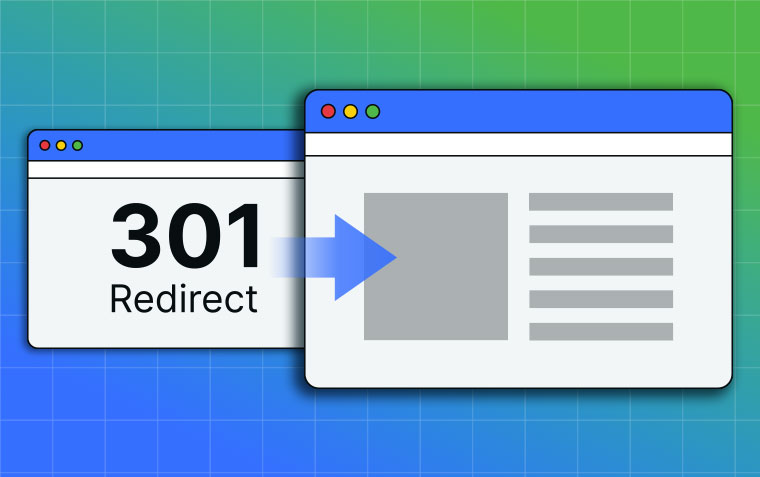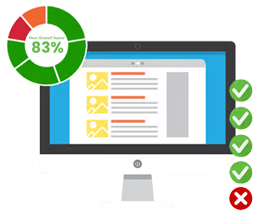How Often Should I Update My Website?

Your website is the digital storefront of your business, and keeping it updated is crucial for staying relevant, engaging, and competitive. But how often should you update it? The frequency depends on the purpose of your website and the type of updates you’re considering. In this guide, we’ll break down key areas where regular updates are essential: content freshness, user engagement, and SEO performance.
1. Content Updates: Monthly or as Needed
Keeping your website content fresh is vital for engaging visitors and maintaining strong SEO rankings. Outdated content not only turns away potential customers but also signals to search engines that your website is inactive.
How Often?
- Monthly: Refresh key pages like your homepage, services, and about page with relevant updates.
- Biweekly to Monthly: Publish blog posts or case studies to stay current in your industry.
- As Needed: Update time-sensitive content, such as seasonal promotions, event announcements, or industry news.
Why?
- SEO Performance: Search engines favour websites that are regularly updated with fresh, relevant content.
- User Interest: Regular updates encourage repeat visits, building loyalty and trust.
- Accurate Information: Ensure product details, pricing, or policies are always up-to-date.
Best Practices:
- Plan a content calendar to ensure consistent updates.
- Monitor top-performing pages and ensure they reflect your latest offerings or insights.
2. Design and Functionality Updates: Annually or as Trends Evolve
Web design trends and user preferences evolve rapidly, so keeping your website visually appealing and functional is key to maintaining a positive user experience.
How Often?
- Annually: Review your website’s design and functionality.
- Every 2-3 Years: Consider a full redesign to incorporate the latest trends and technologies.
Why?
- Stay Competitive: An outdated design can make your business seem less credible.
- Improve Usability: New tools and design practices can enhance navigation and user experience.
- Mobile Optimisation: Ensure your site is responsive and performs well across all devices.
Best Practices:
- Gather user feedback to identify areas for improvement.
- Conduct usability tests to ensure your site remains intuitive and efficient.
3. SEO and Performance Updates: Quarterly
Search engine algorithms and user expectations are always evolving. Keeping your website optimised ensures it remains visible and performs well.
How Often?
- Quarterly: Review and optimise your site’s speed, keyword usage, and metadata.
- As Needed: Address performance issues, such as slow load times or broken links, immediately.
Why?
- Improved Rankings: Regular optimisation helps maintain or improve your position in search engine results.
- Better User Experience: Faster load times and working links keep visitors engaged.
Best Practices:
- Use tools like Google Search Console to identify and fix issues.
- Conduct keyword research regularly to align with changing search trends.
4. Monitoring Analytics: Weekly to Monthly
Understanding how users interact with your site provides invaluable insights into what’s working and what needs improvement.
How Often?
- Weekly to Monthly: Review analytics to monitor traffic, bounce rates, and conversion metrics.
Why?
- Data-Driven Decisions: Analytics help you identify which pages or strategies need updating.
- Adaptability: React quickly to changes in user behavior or trends.
Best Practices:
- Set up custom reports in tools like Google Analytics to track key performance indicators (KPIs).
- Experiment with A/B testing for continuous improvement.
Final Thoughts
The frequency of updates depends on your website’s size, purpose, and audience. However, by following these guidelines, you can ensure your site remains relevant, engaging, and optimised:
- Content Updates: Monthly for static content; biweekly to monthly for blogs.
- Design Updates: Annually or as trends evolve.
- SEO and Performance: Quarterly optimisations.
- Analytics Monitoring: Weekly to monthly.
By staying proactive with updates, your website will not only attract more visitors but also build trust and credibility with your audience. Remember, your website is an investment - keeping it fresh and functional ensures a strong return for your business.
Need help managing your website updates? Contact us today to ensure your site stays optimized and up-to-date!








